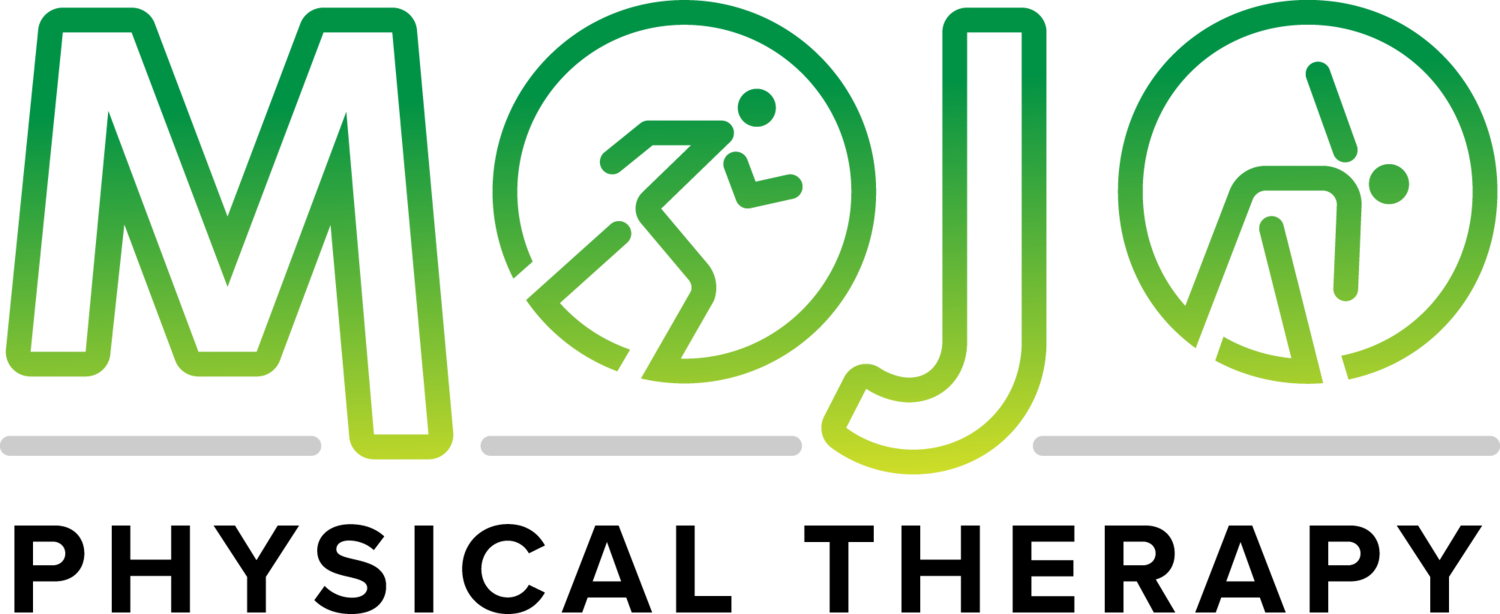Pickle Ball and Physical Therapy
In recent years, pickle ball has surged in popularity, becoming one of the fastest-growing sports in the United States. Combining elements of tennis, badminton, and ping-pong, this dynamic game is not only fun but also offers a host of health benefits. Not only is it easy to learn but is also accessible for all ages, has great social interaction, and is flat out fun! Whether you’re a seasoned athlete or just looking for a new way to stay active, pickle ball is an excellent choice. Pickle ball is a relatively low impact and safe sport, but it does come with a risk of injury. That’s where physical therapy can help you bounce back and keep playing!
Common Injuries in Pickleball
Sprains and Strains: Quick movements and changes in direction can lead to ankle sprains or muscle strains, especially for those who are not used to such activity.
Tendinitis: Repetitive motions can lead to inflammation of the tendons, particularly in the shoulder or elbow, often referred to as “pickleball elbow.”
Knee and Ankle Injuries: Sudden stops and starts can place stress on the knees and ankles, leading to injuries like runner’s knee or sprained ankles.
Why Choose PT after a Pickleball Injury?
Assessment and Diagnosis: A physical therapist can evaluate your injury, determining its severity and developing a personalized treatment plan. Early intervention can prevent further damage and speed up recovery.
Rehabilitation Exercises: Physical therapists provide exercises tailored to your specific injury that help restore strength, flexibility, and balance. These exercises are crucial for regaining full function and preventing future injuries.
Pain Management: Therapists can employ various techniques, such as manual therapy, dry needling, and education on proper body mechanics, to help manage pain effectively.
Preventive Strategies: Beyond rehabilitation, physical therapists can teach you how to avoid injuries in the future through proper warm-up routines, strengthening exercises, and techniques to improve your playing form.
Returning to Play: A key part of physical therapy is ensuring that you are ready to return to the court safely. Therapists work with you to assess your readiness and provide guidance on how to ease back into the game.
Pickleball is not just a passing trend; it’s a vibrant sport that offers fun, fitness, and fellowship. As you embrace this exciting activity, remember to listen to your body and take preventive measures to avoid injuries. Should you find yourself sidelined, physical therapy can provide the support you need to recover and return to the court stronger than ever.
What Are The Next Steps?
